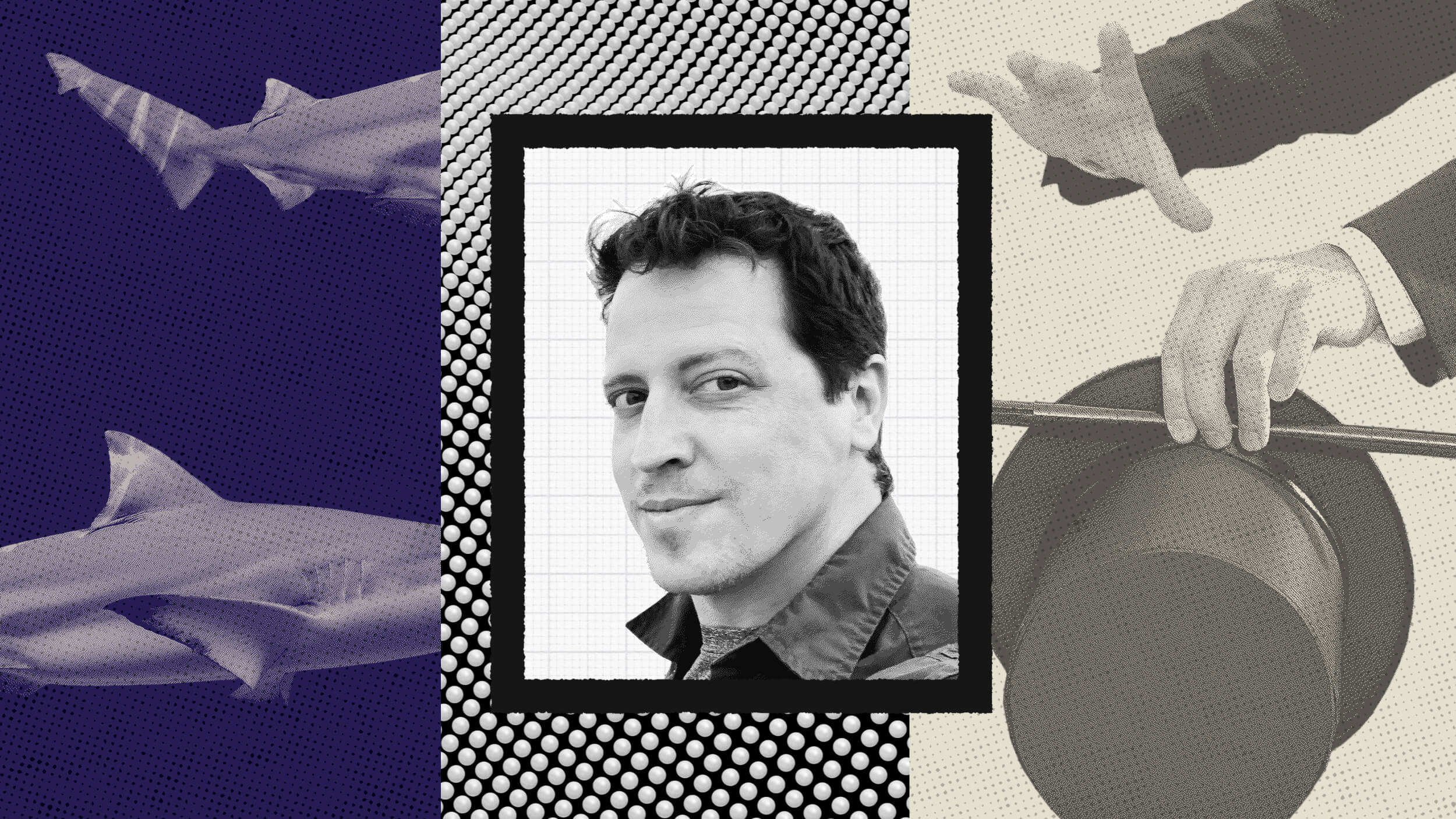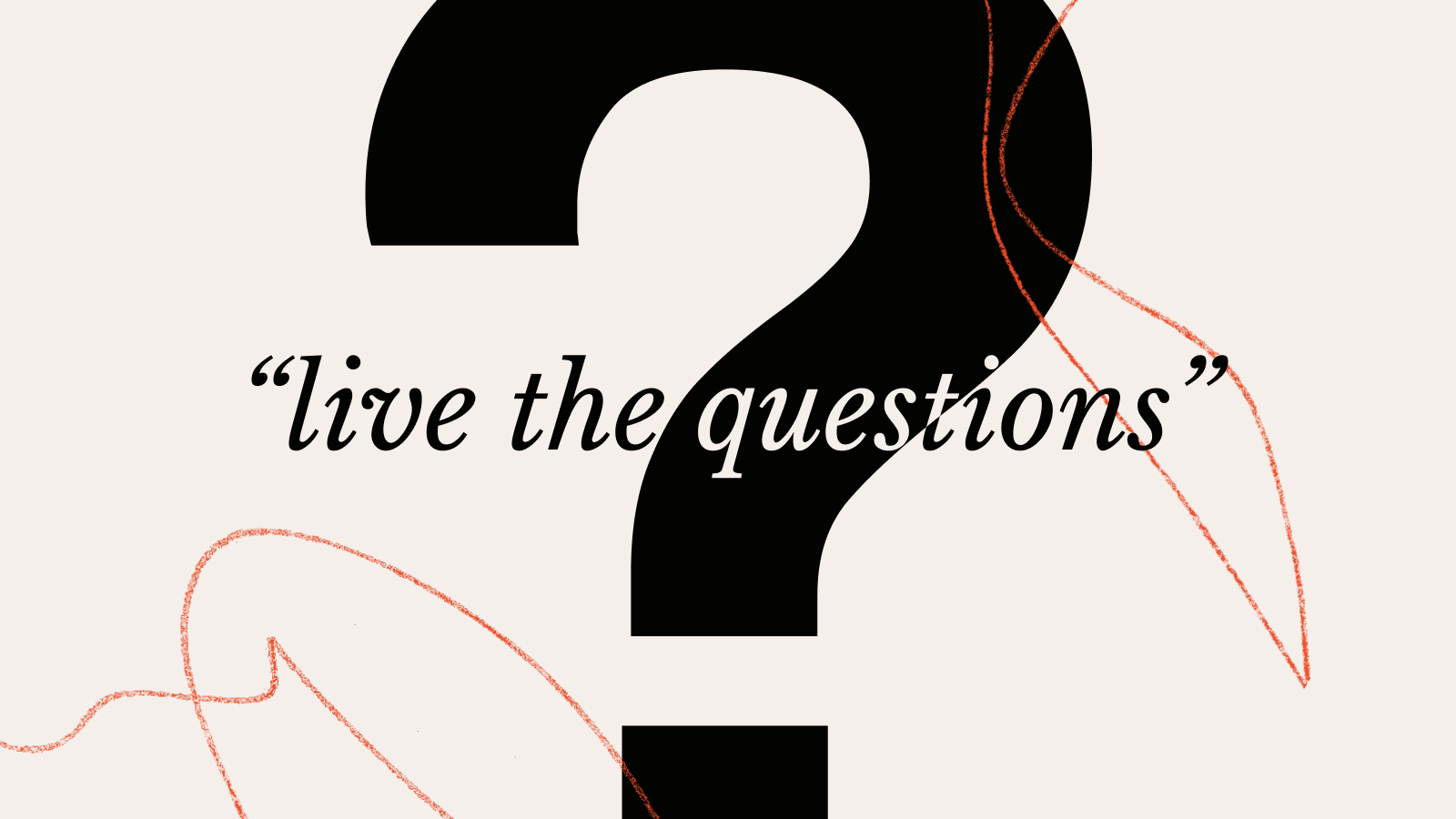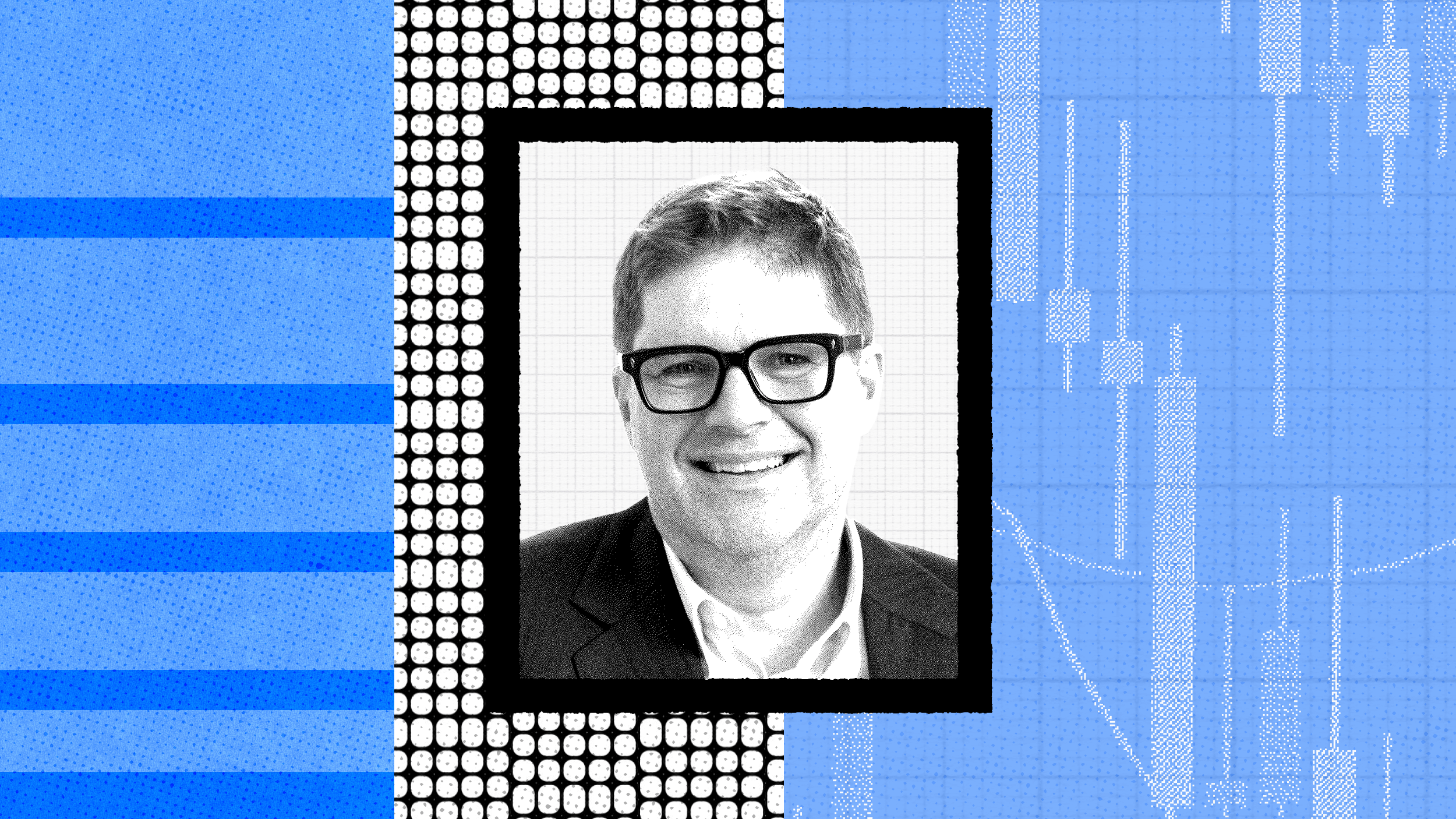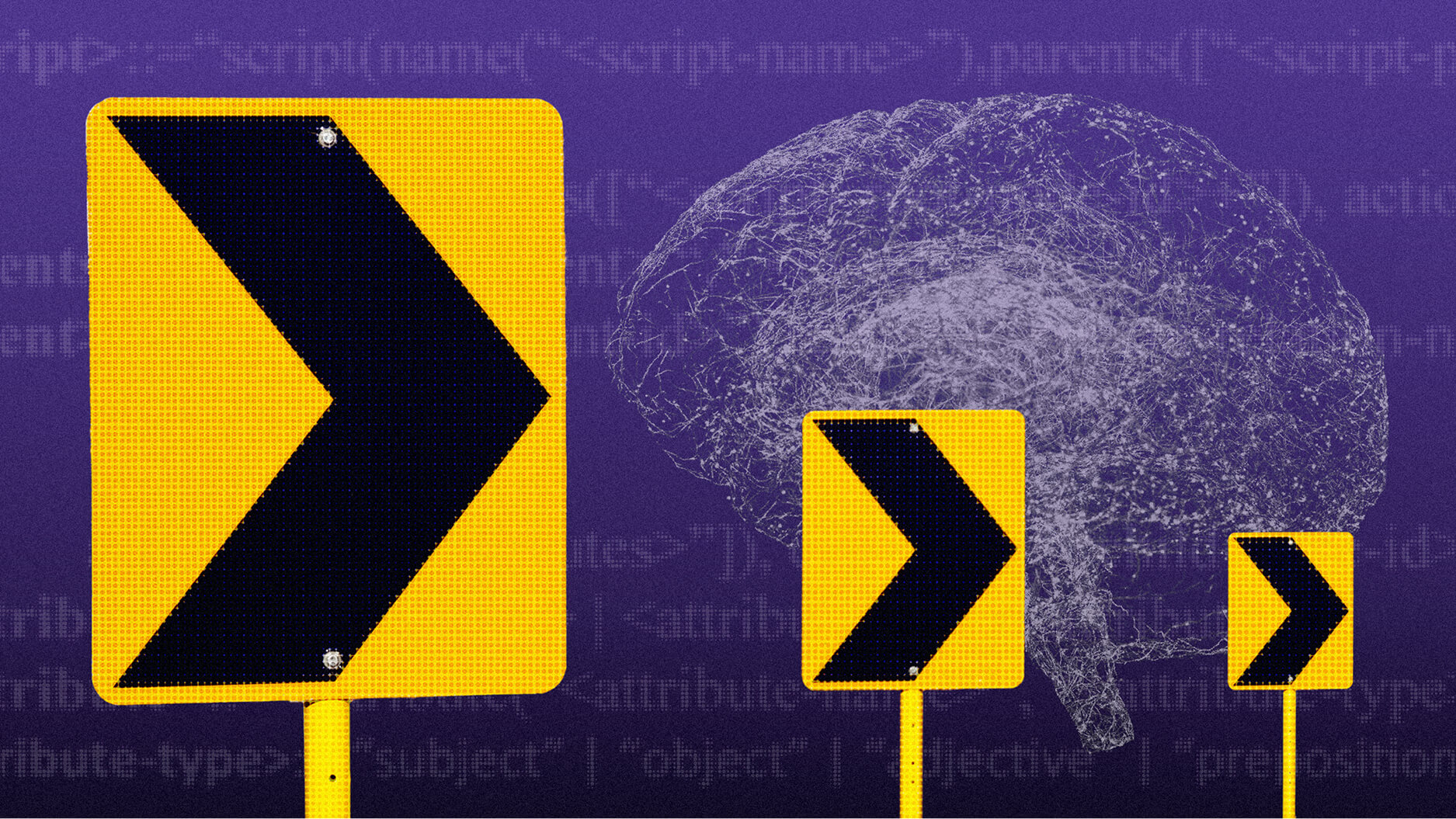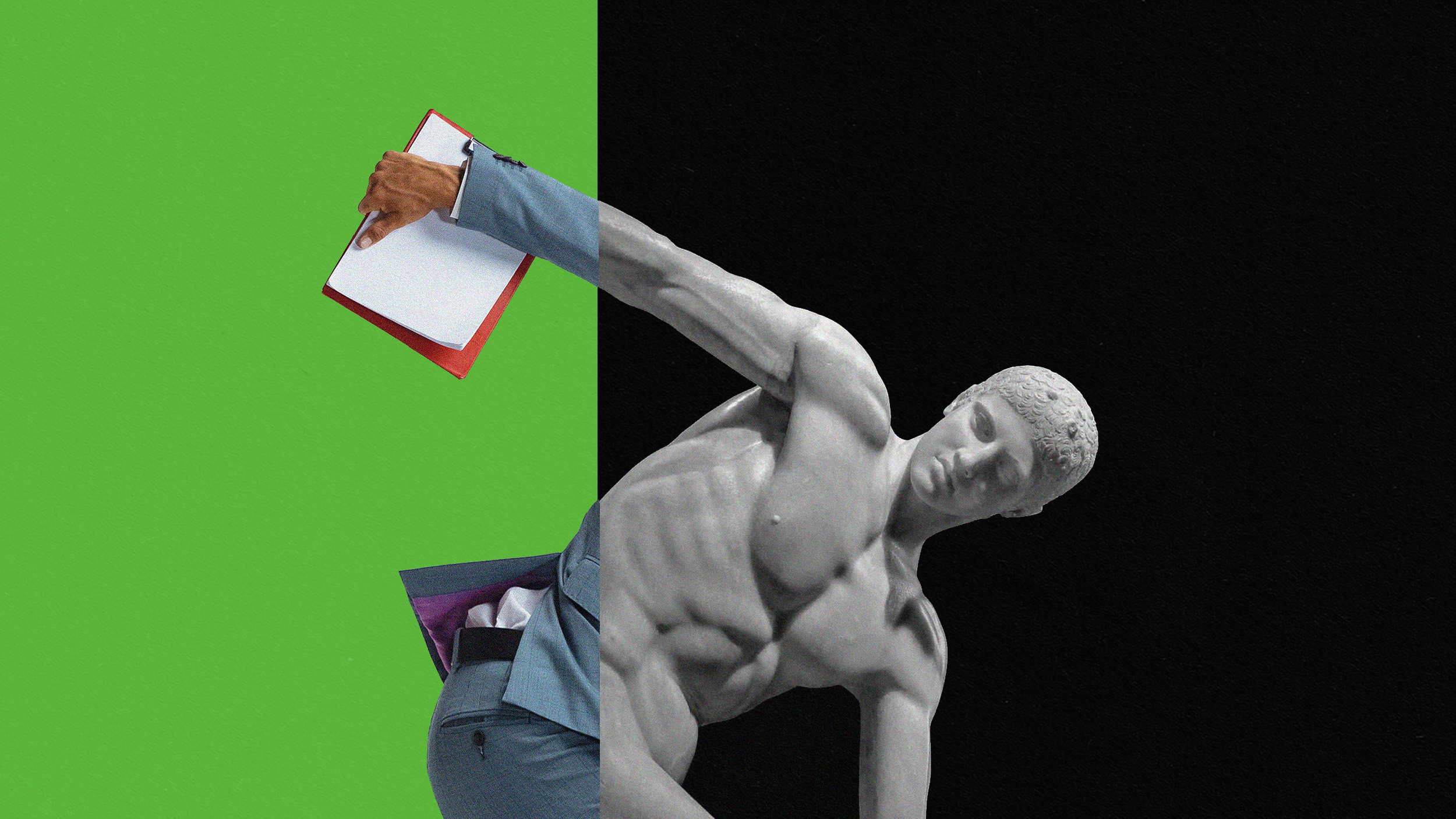lifelong learning
The “primacy/recency effect” is used by celebrated movie-makers, Broadway composers, and restaurateurs — it can work for you too.
The outrageously accomplished magician-inventor-author chats to Big Think about fear, multitasking, and successful work-life reinvention.
“It is natural to want to avoid failure. But when we avoid failure, we also avoid discovery and accomplishment.”
A thesaurus isn’t for finding fancy words; it’s a resource to help you keep your rhythm.
Welcome to The Nightcrawler — a weekly newsletter from Eric Markowitz covering tech, innovation, and long-term thinking.
You no longer need an army of followers to stand out as a writer — “one great piece is all it takes,” says Perell.
Curiosity is often considered a personality quirk. Neuroscience paints a different picture.
Welcome to The Nightcrawler — a weekly newsletter from Eric Markowitz covering tech, innovation, and long-term thinking.
Reading obituaries can boost creativity by exposing you to distant ideas, fueling the associations that lead to unexpected breakthroughs.
In nature, business, and life, survival doesn’t belong to the optimized — it belongs to those with a built-in buffer.
Unconsidered productivity might leave you moving efficiently in the entirely wrong direction.
“Try to love the questions themselves, like locked rooms, like books written in a truly foreign language.”
Bestselling author Seth Godin urges us to rethink our definition of longevity — and to step back and measure what matters.
Those who know who they are — and what they truly value — refuse to compromise their authentic direction to placate others.
Welcome to The Nightcrawler — a weekly newsletter from Eric Markowitz covering tech, innovation, and long-term thinking.
“It’s much more interesting to live not knowing than to have answers that might be wrong.”
Investor Guy Spier joins Big Think for a chat about the “Oracle of Omaha,” generative AI, what confuses him, and more.
“Personality isn’t based on what we say we’ll do. It’s rooted in what we actually do, which becomes what we think about.”
The founder of gourmet fast food juggernauts Pret and Itsu unpacks the meaning of success and what really inspires him.
Memory takes effort, and our brains know it.
Neuroscientist Anne-Laure Le Cunff on how to spot and break free from cognitive scripts that limit personal growth.
The road to “uncaged leadership” means reimagining your professional identity and value. Here’s how.
Robert Waldinger, Zen priest and Harvard professor, explains why fulfillment isn’t about reaching an idealized state. It’s found in everyday acts of kindness and compassion.
A brief guide to habits that separate deep understanding from superficial knowledge — and how to cultivate them.
What we can all learn about the journey from sporting arena to workplace — and how Aristotle can guide our thinking.
George Raveling — the iconic leader who brought Michael Jordan to Nike — shares with Big Think a lifetime of priceless wisdom learned at the crossroads of sports and business.
Tennis pro Mardy Fish and Spanx founder Sara Blakely both turned failure into their greatest asset.
The story of how the world high jump record was smashed in 1968 contains golden lessons for business and innovation.
How choosing Stoic acceptance — not dour resignation — galvanized great leaders from Thomas Edison to Phil Jackson and Tony Hawk.
Sahil Bloom explores why wealth isn’t just about money, but about knowing which type of wealth matters most in each season of life.

